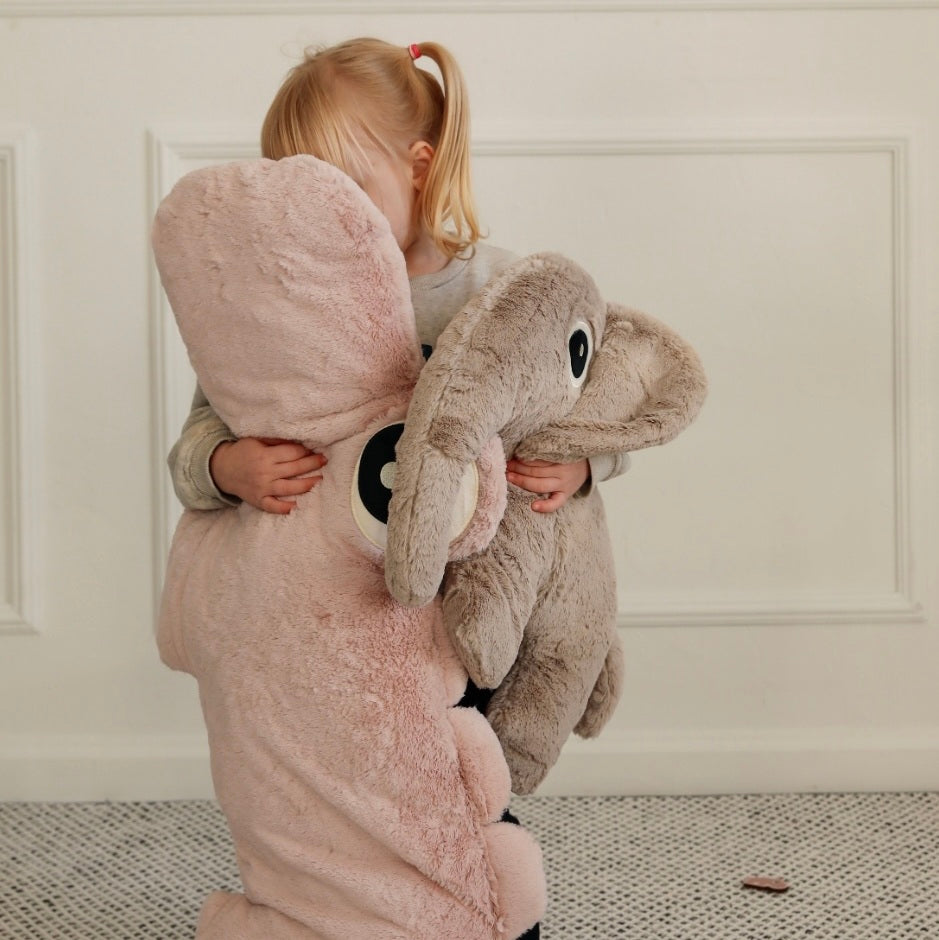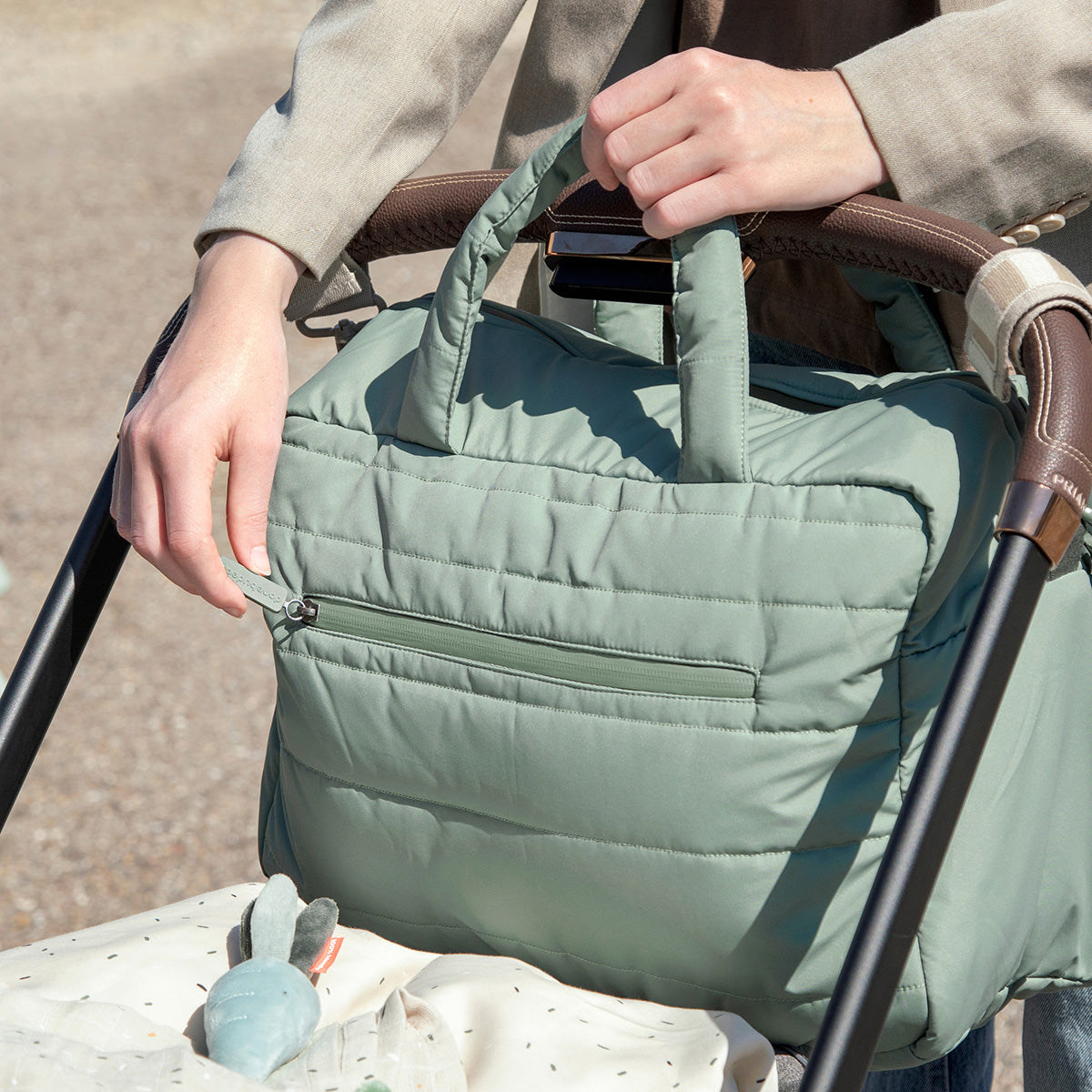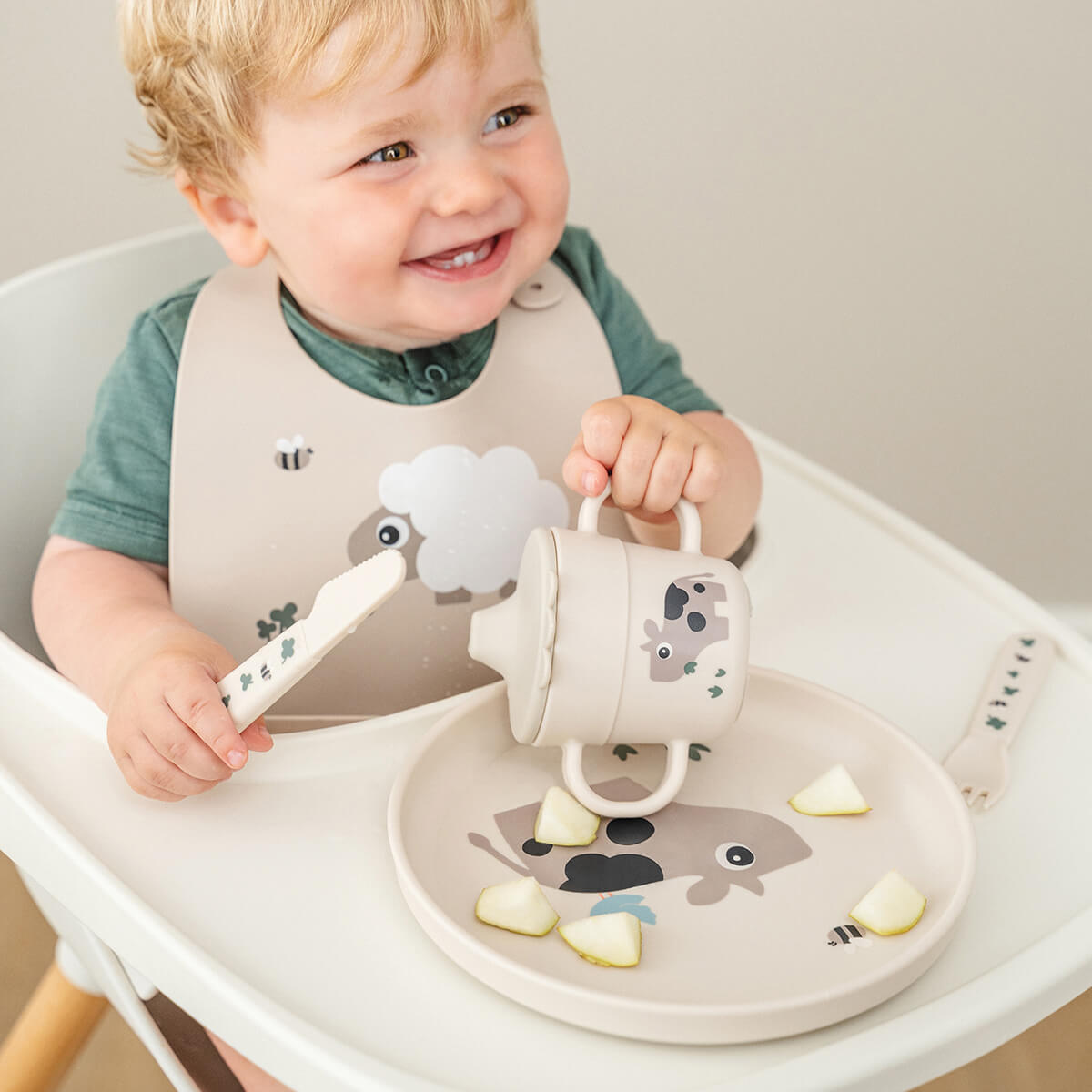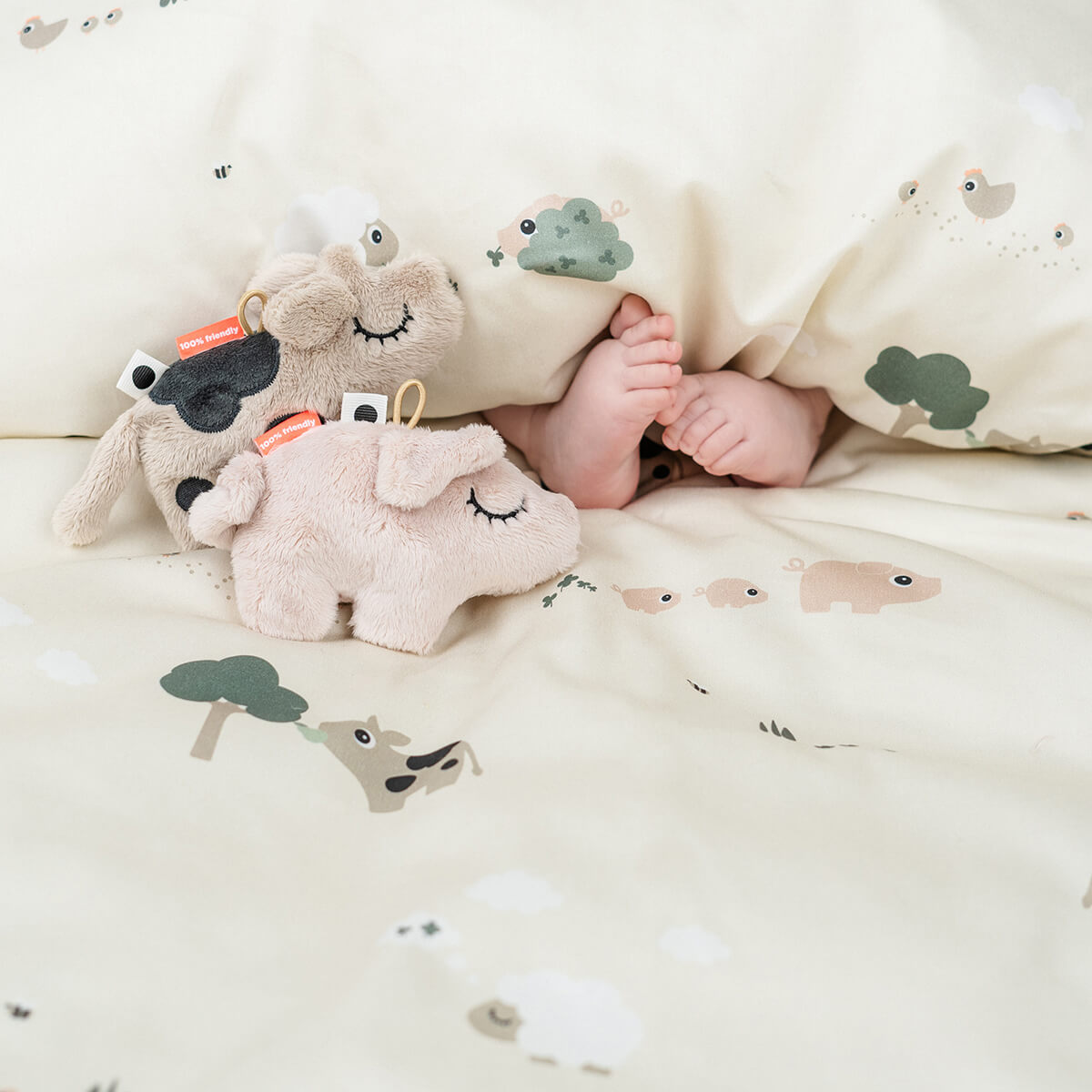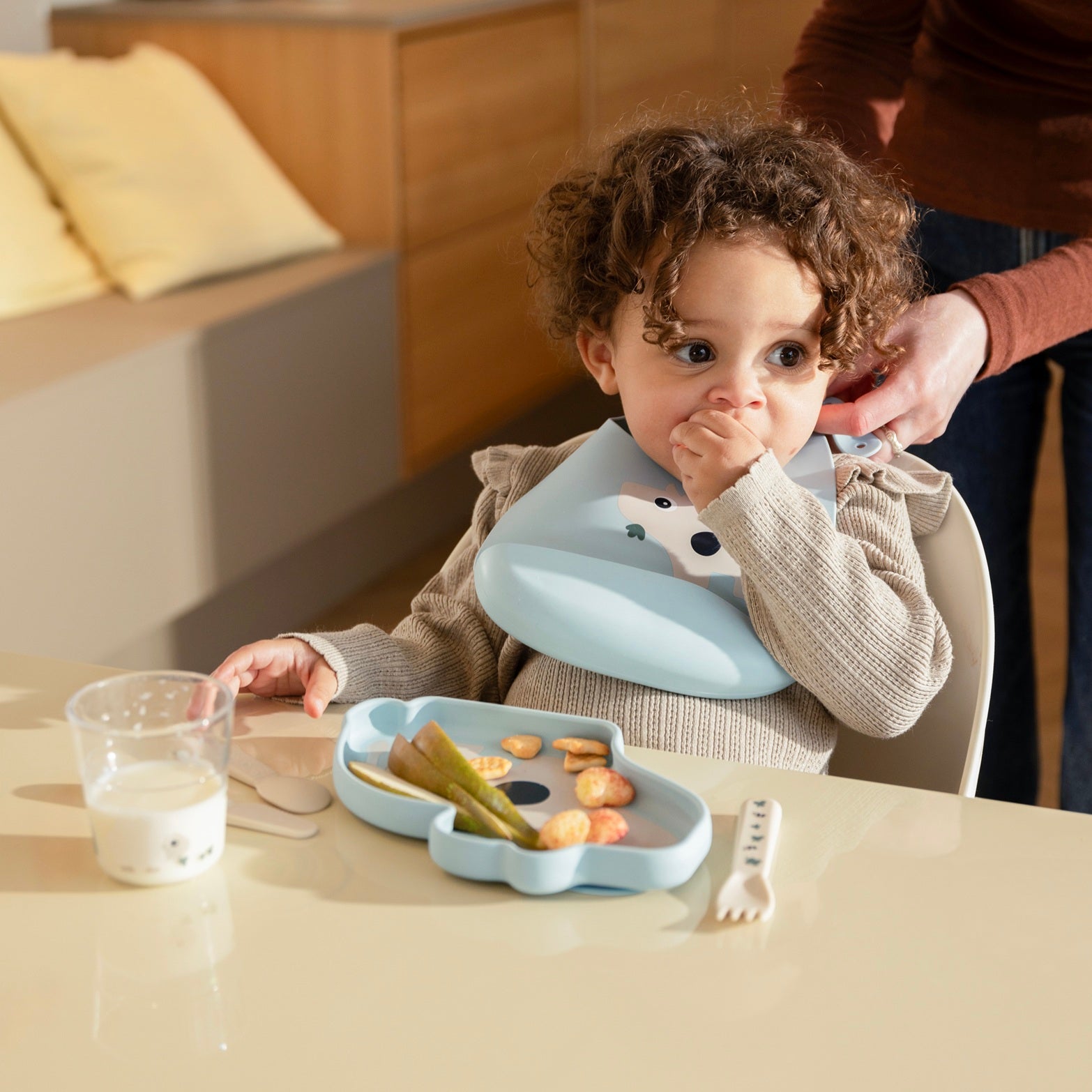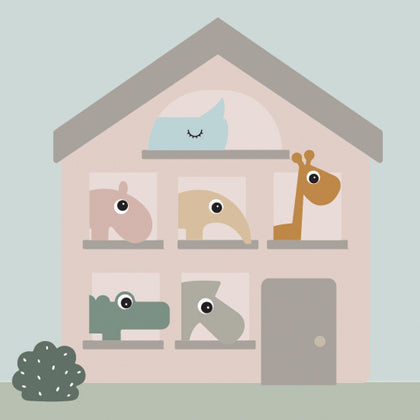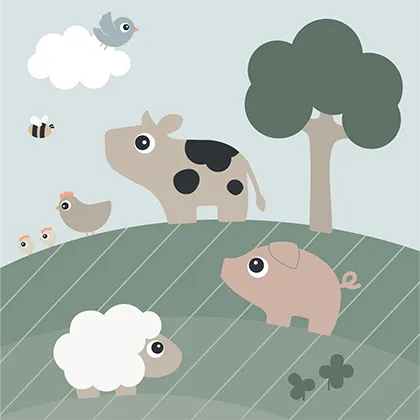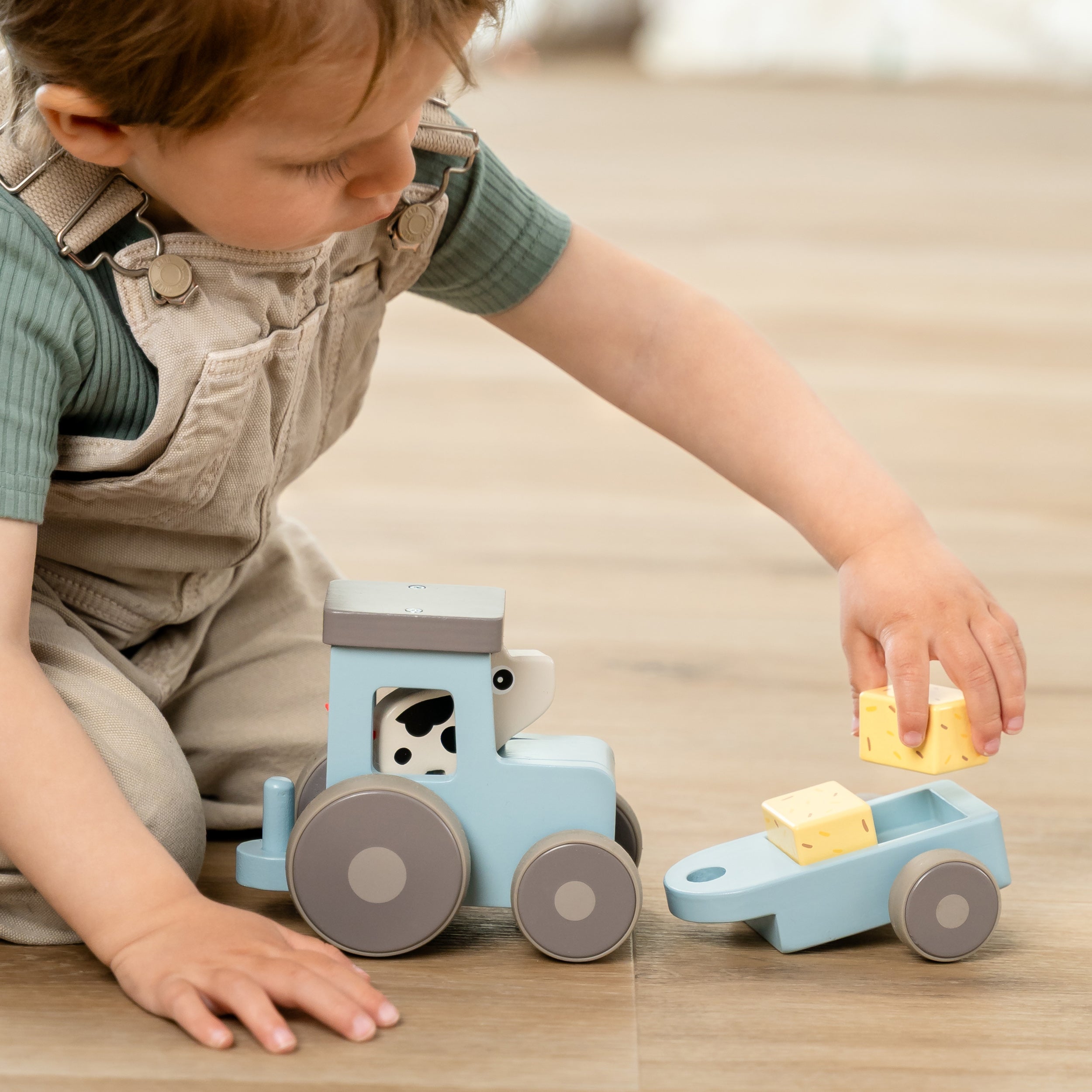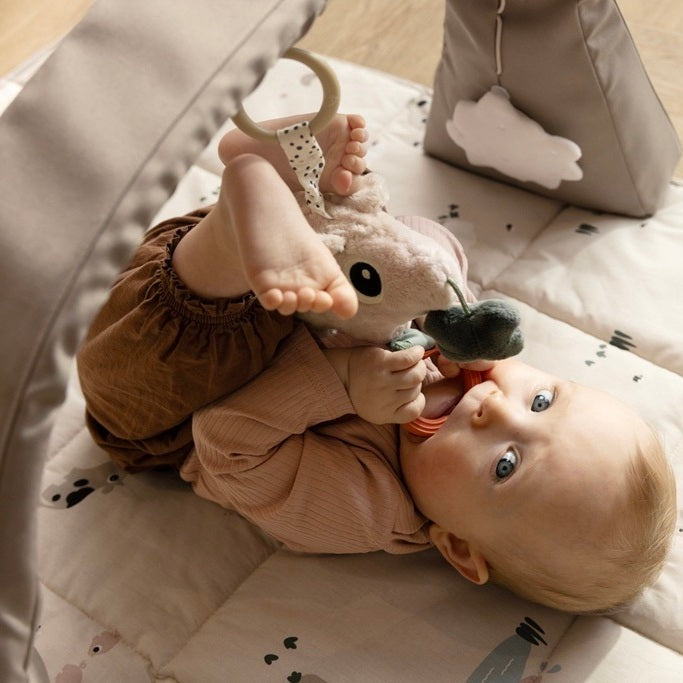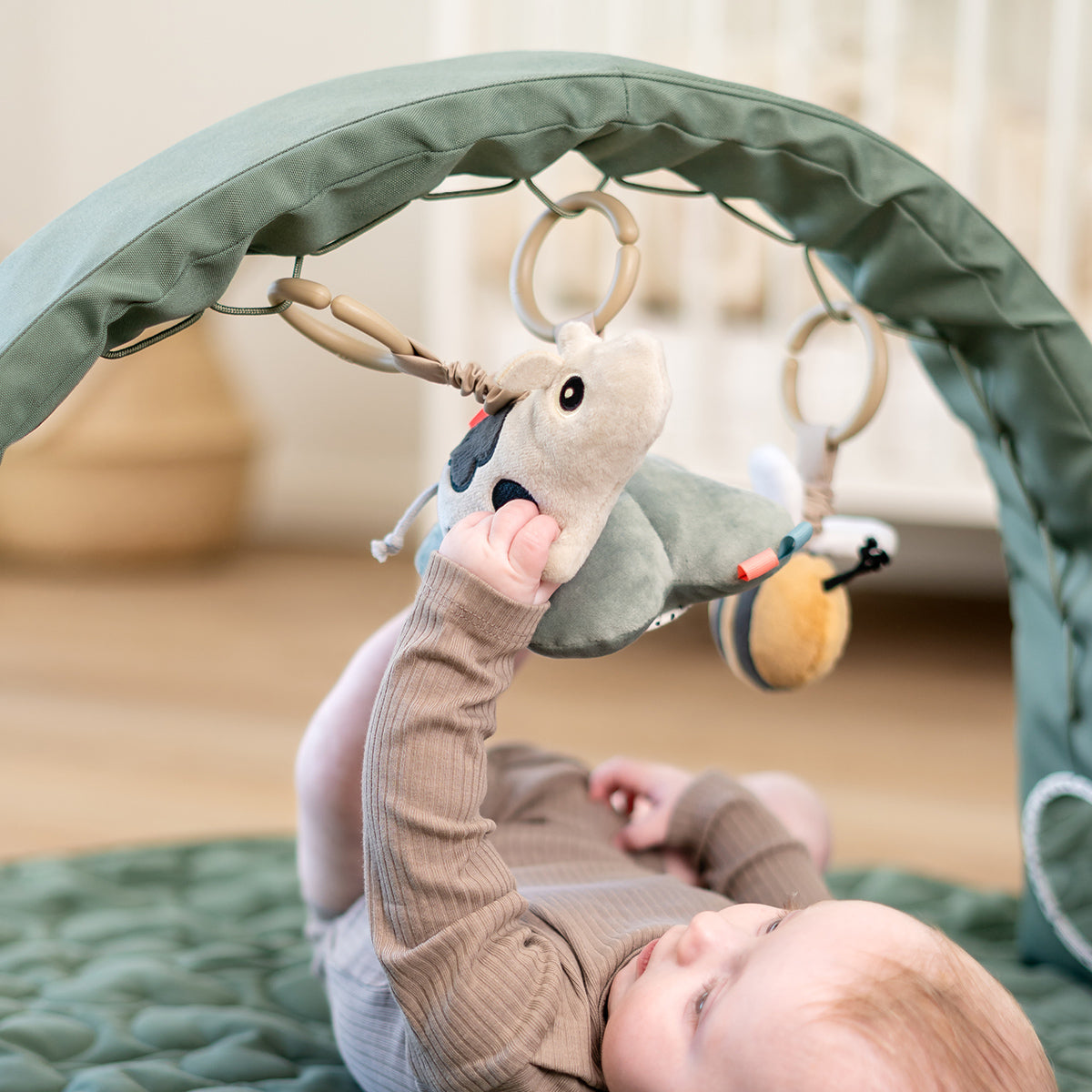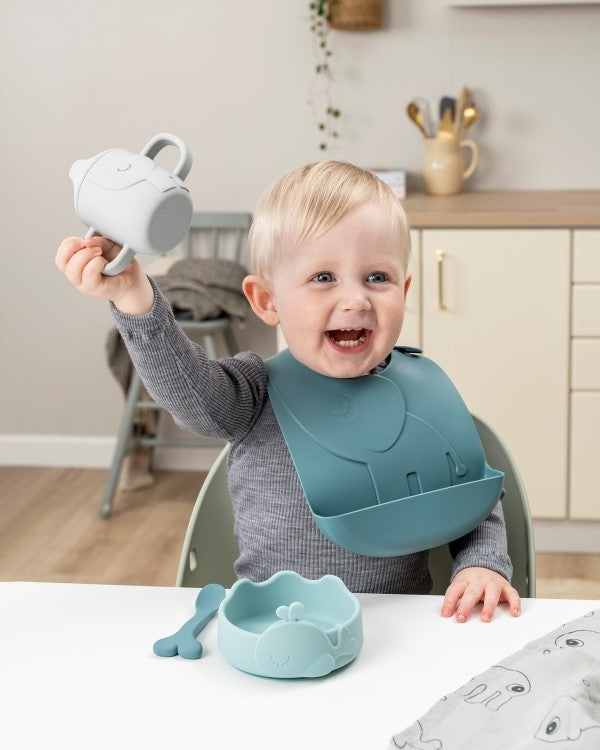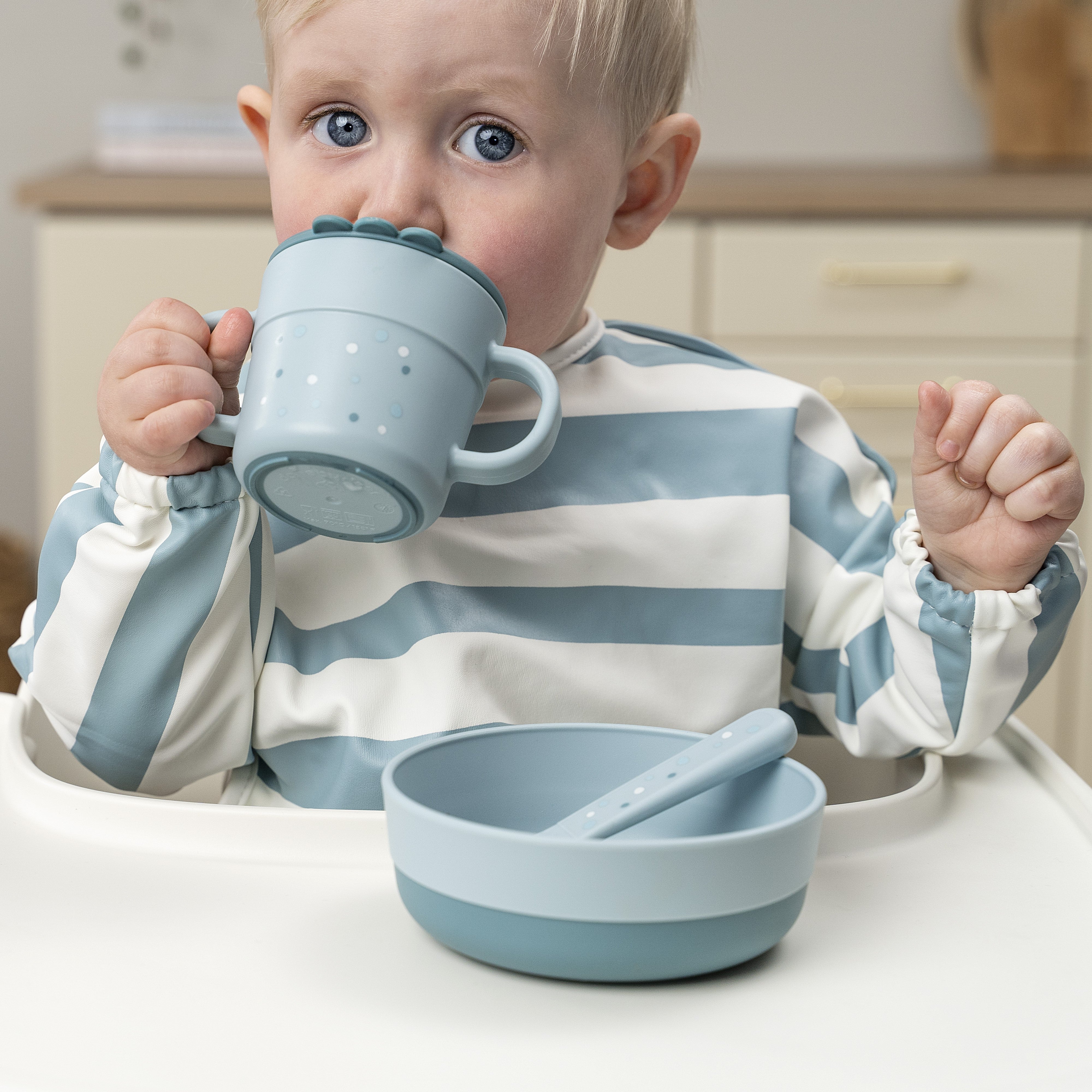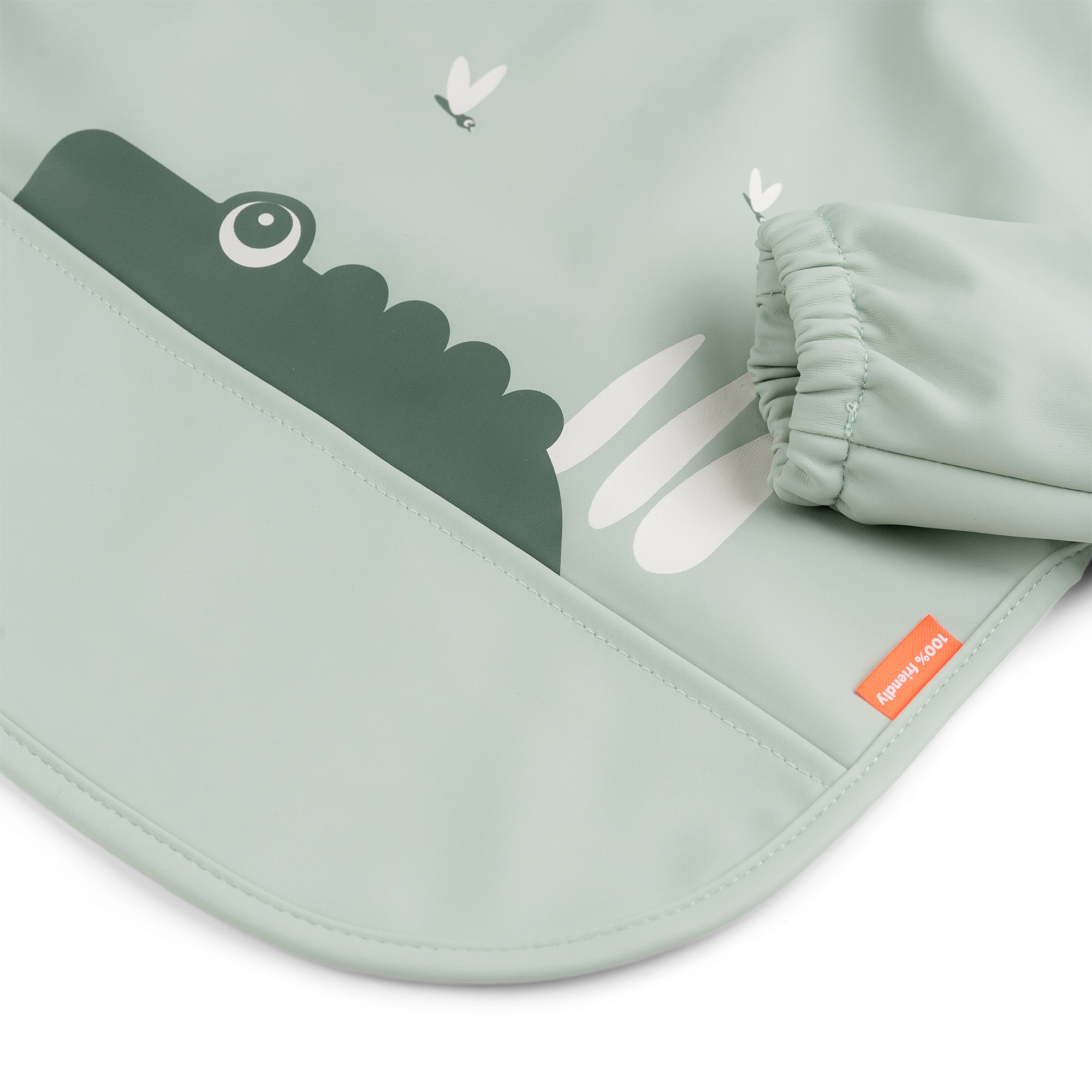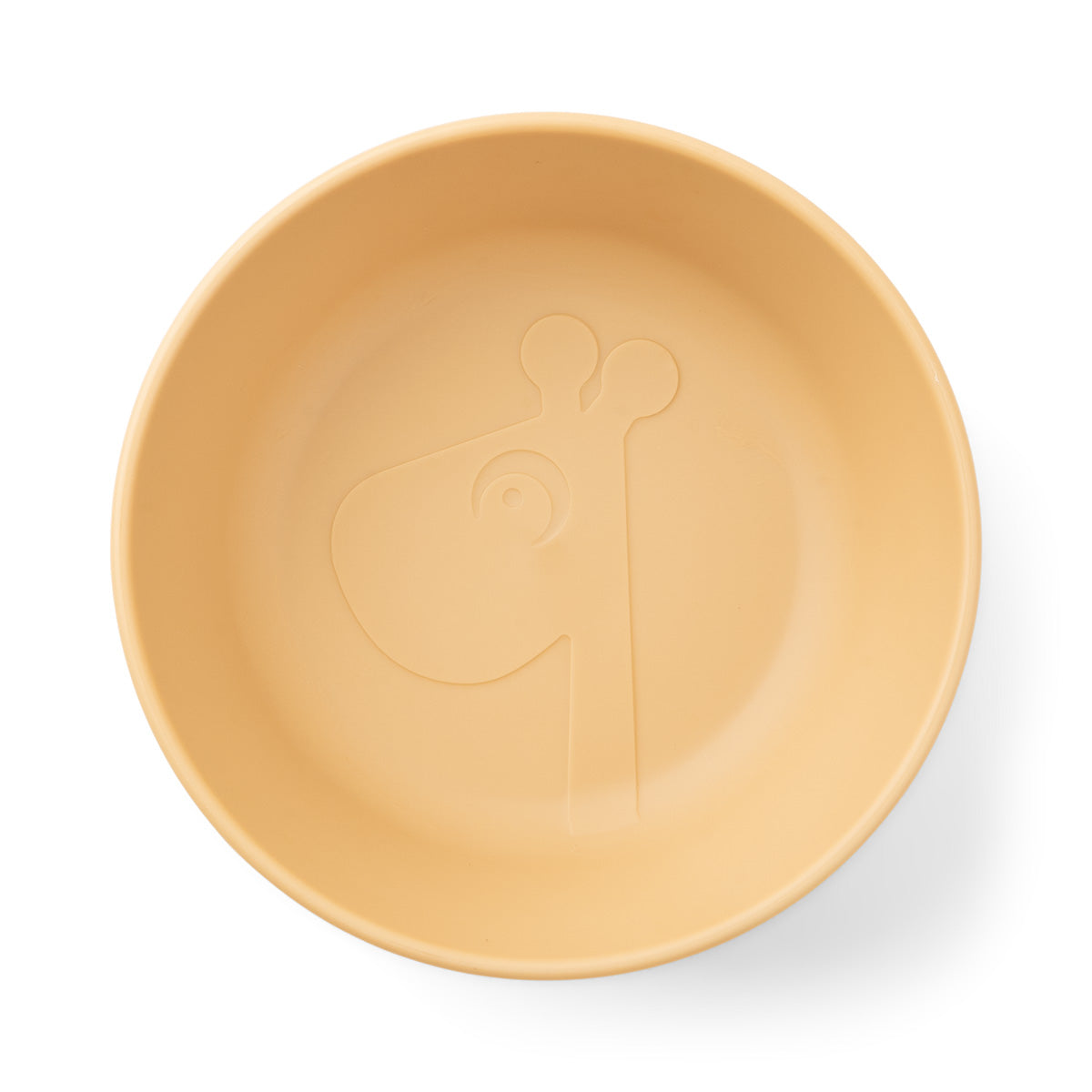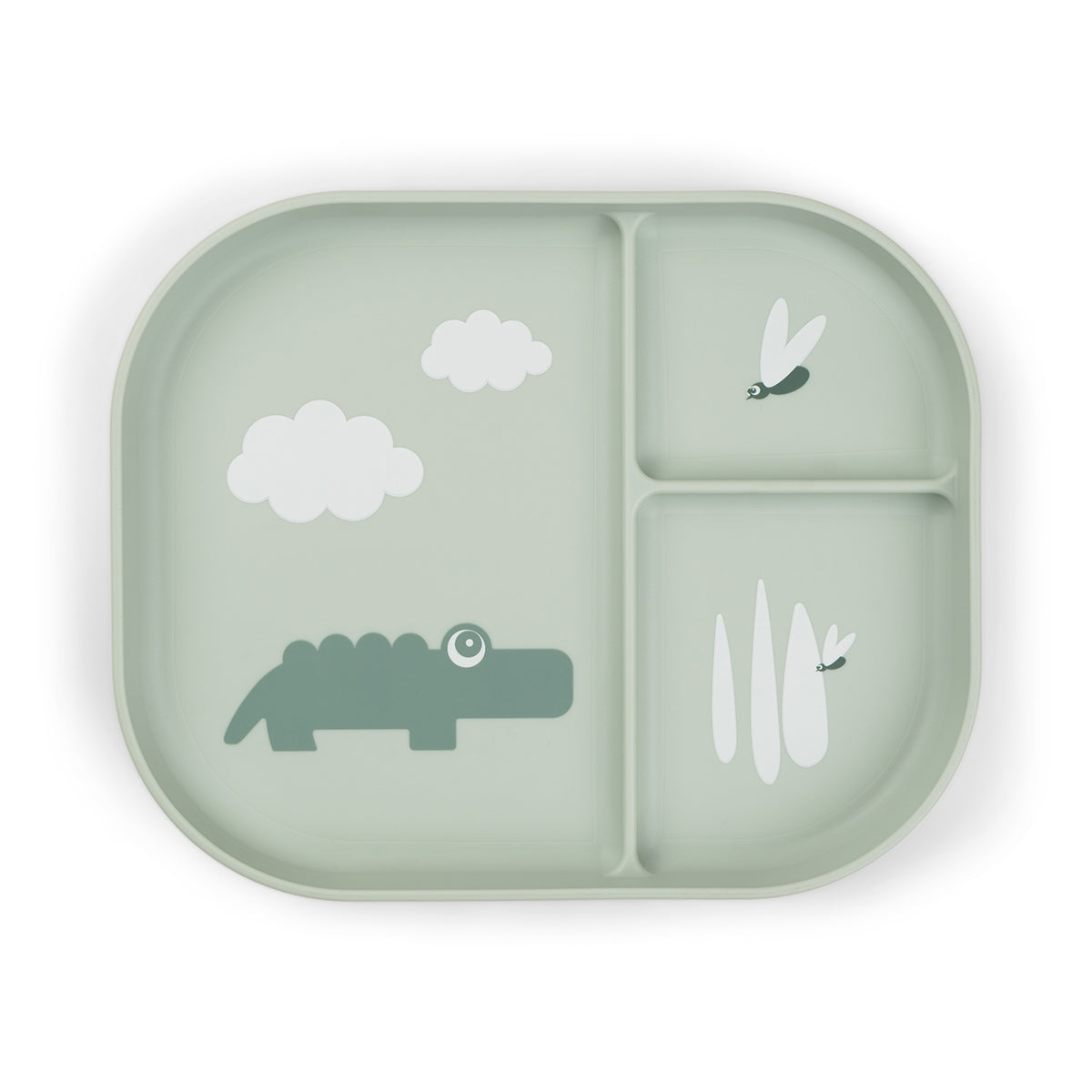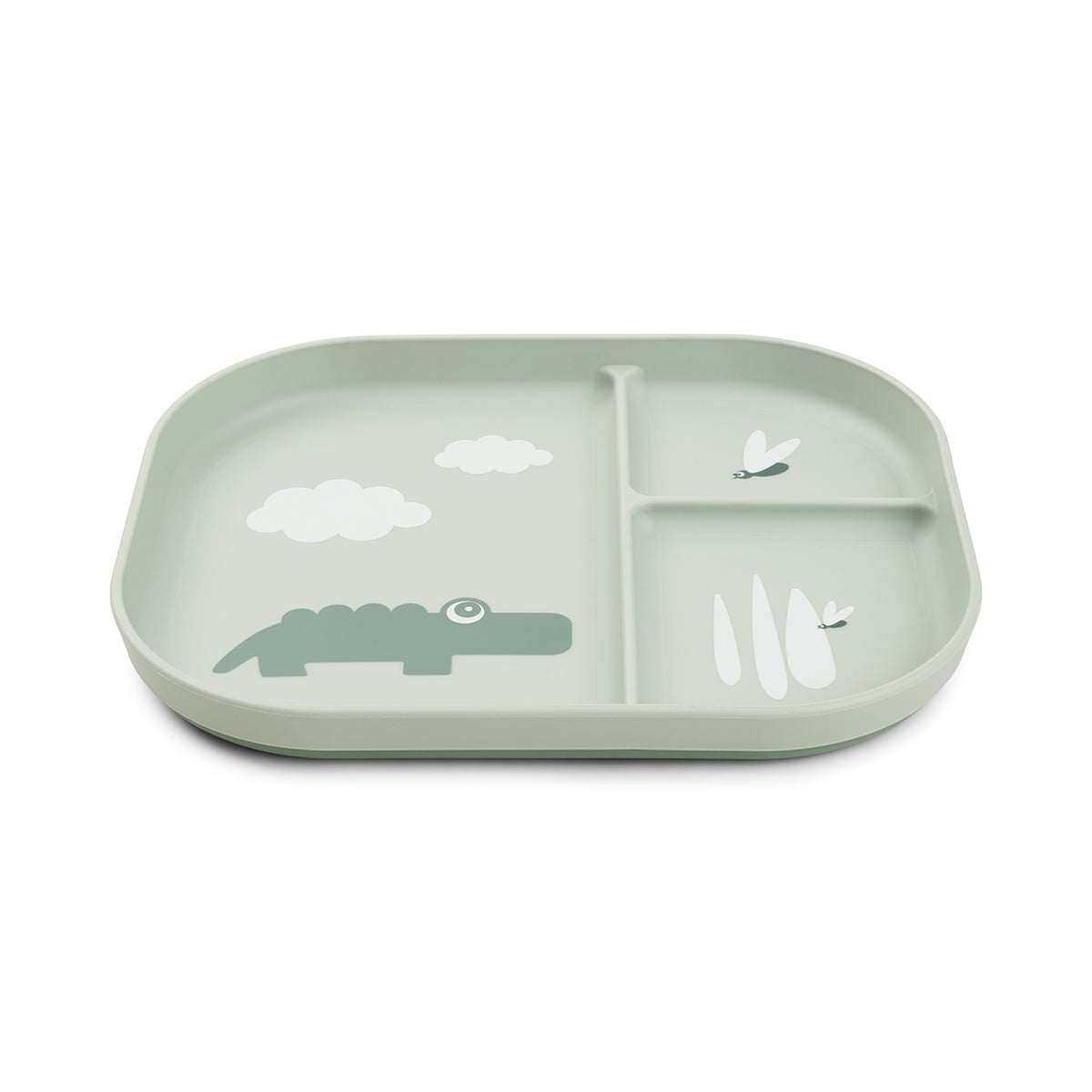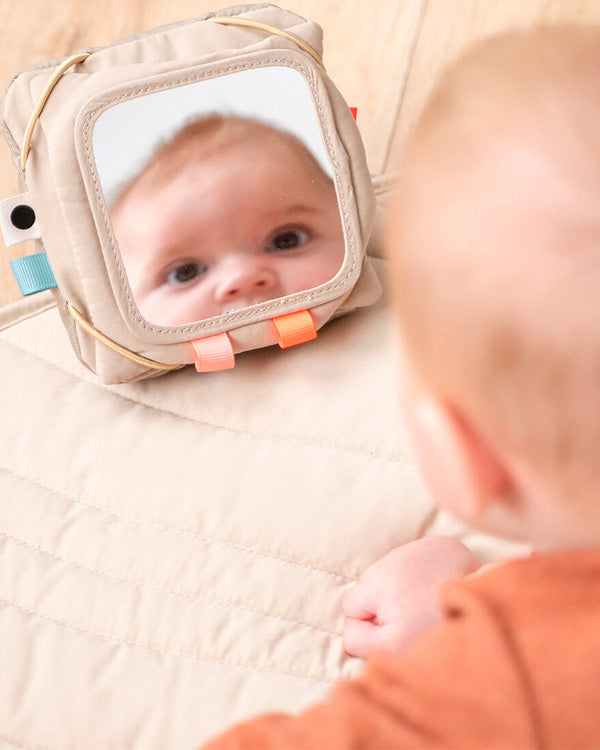sharing and social interactions
When little ones gather around the table, mealtime transforms into a learning experience. They may not even realize it yet, but every meal is packed with chances to learn how to connect with others.
As they sit with family, they’re picking up how to take turns, express their wishes, and even discover the magic behind saying “please” and “thank you”. These moments show them that sharing a meal is just as much about sharing conversations.
Picture the excitement of your little one realizing they can say, "More, please," when they're ready for just a little more of their meal. These small phrases might seem simple, but they’re building blocks for effective communication.
Plus, they’re getting a sneak peek into patience. Waiting for everyone to be served or for food to cool down can be a true test, but it’s all part of the development.
And let’s not forget the emotional rollercoaster that comes with mealtime. Toddlers experience big feelings - pride when they manage to scoop up a spoonful of oatmeal, or disappointment when their favourite food is all gone.
These emotions teach them about managing feelings and recognizing those of others.
family bonding
For little ones, family meals are truly special. Family meals offer a chance to bond, creating a sense of togetherness that wraps them in a feeling of safety and connection.
With no screens or other distractions, mealtime becomes a time to focus on each other. Sharing simple stories from their day or talking about the food in front of them makes little ones feel valued and heard.
These conversations are where they begin to build confidence, learning that their thoughts and words matter.
Routines play a key role here, too. For little ones, regular family meals provide a comforting rhythm to their day.
Whether it’s breakfast or dinner, these moments bring a sense of stability and a chance to pause, showing them that no matter how busy life gets, there’s always time to gather as a family.
mealtime routines
Consistency is key for little ones, and mealtime routines are like a comfort blanket. When they know that lunch happens around the same time every day, they feel more secure and ready to explore their world.
These regular mealtimes help them manage their hunger and avoid meltdowns, making the whole experience smoother and more enjoyable.
By introducing a variety of foods during meals, you help your little one develop a healthy relationship with what they eat.
Instead of feeling pressured to eat everything on their plate, they can take their time exploring new tastes and textures at their own pace.
Getting toddlers involved in mealtime routines is a great way to build confidence too. Little hands can help set the table, choose a colourful napkin, or even wash fruits and veggies. When they participate, they feel proud and engaged, making mealtimes even more fun.
In the journey of early childhood, mealtime plays a crucial role in development. It’s not just about feeding little ones - it’s a time for them to learn communication, build relationships, and explore their emotions.
By sharing meals together, toddlers gain confidence and empathy, discovering the joys of connection and routine.
